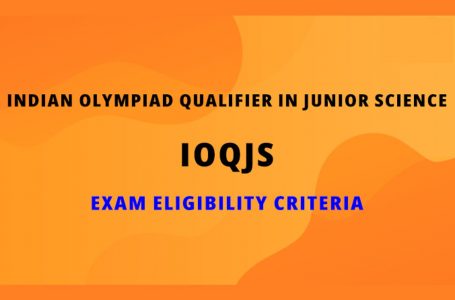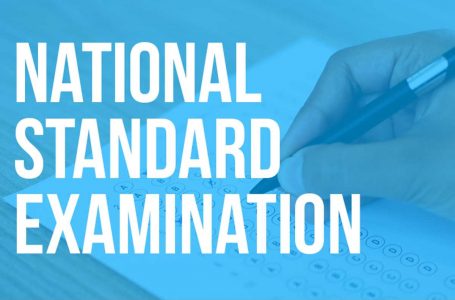Are Entrance Exams Like 100 Meter Sprints
In the present competitive world, the children start preparing for entrance examinations right from their school days, as early as Class VII. It has become pertinent to start planning from an early age as to what line of profession you want to make a career in due to the ever rising population and limited number of seats in the prestigious and renowned institutions. All major professional courses such as engineering, medical, law, architecture or MBA require you to appear for the entrance exams before you can become a professional.
Clearing examinations such as IITJEE, AIEEE, NEET and other state level entrance examinations is a complex, difficult and daunting task. Entrance exams are not like 100 meter sprints – they are like a marathon where you need to put in months and years of hard work, persistence, patience and dedication before you are able to cross the finish line and come out with flying colours. 100 meter sprints are like appearing for the examinations without much planning and just making a dash with all your energy and efforts while a marathon requires you to hold your stamina and conserve your energy throughout the race and making a dash right at the end of the race. Similarly, for your entrance exams, you will need to plan correctly, just like a marathon where you keep studying over a period of years and months and making the final days of preparation more fruitful with revision and solving sample papers.
Some basic preparation tips are as follows:
Table of Contents
Studies outline
The preparation requires proper time management and allocation of vast amount of syllabus which need to be completed within a stipulated amount of time. Hence, you should chart out the syllabus and start slowly and try to finish the entire syllabus much before your examinations. Do not set unrealistic goals but try to take baby steps and chart out the time table for a month or a week.
Basics should be clear
One of the most important tip to be successful at the entrance exams is to have your basics cleared. If your fundamentals are not clear, you will get confused and will not be able to apply the concepts in problem solving especially in subjects such as physics, maths and chemistry.
Use relevant material
Do not buy all the possible books available for a subject instead try to buy the CBSE/NCERT books for getting your concepts clear and gaining a strong foothold of the theory portion and then buy relevant exercise books with practice questions and sample papers. Use additional books for complex topics.
Revision is the key
It is more important to keep revising whatever you have studied and keep solving sample questions and past year papers. Try to make bullet points for each topic that you complete and keep revising these points rather than reading the entire chapter again.
Take sample tests
Start by taking sectional tests initially after completing a particular chapter. Once you have gained some experience in this, start taking mock question papers and see which areas you are weak in and in which areas does your strength lie. Go back to revising the weak areas till you gain expertise in that also.
Time management
Proper time management is the key to success. Always maintain a timer in your mind for each section of the question paper and in case you do not complete that section in the stipulated time, move on to the next section and come back to what you left if you have time remaining at the end of the exam.
Seek guidance
In the event that you are not able to understand a particular topic, do not hesitate to ask your teachers, elders or peers for help. It is better to get your fundamentals cleared before you spend more time practicing questions on the same.
Related Links:
What is NEET? Full-Form, Syllabus and Eligibility
UPSC Exams – Best ways to prepare for them
How to prepare IIT or Medical Entrance Exam along with Class 12th
NDA Entrance Exams: All about disciplined Determination





